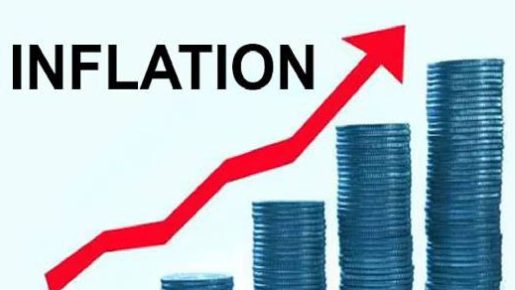The Chartered Institute of Taxation of Nigeria (CITN) has observed that high inflation, weak naira, and policy tightening could threaten economic growth in 2024. Samuel Agbeluyi, President of CITN, highlighted these concerns during the institute’s 32nd Annual General Meeting in Lagos, where he reviewed the institute’s activities over the past year.
Economic Analysis
Agbeluyi discussed the impact of policy reforms introduced by the new administration in 2023, including removing fuel subsidies and harmonising exchange rates. These reforms significantly influenced Nigeria’s economic trajectory.
“The Nigerian naira depreciated by 51.6 per cent against the dollar, resulting in volatile exchange rates that affected import costs, disrupted trade balances and contributed to economic uncertainty and heightened inflation, which closed at 28.9 per cent in 2023. Food, energy, and transportation costs were most affected,” Agbeluyi stated.
Despite these challenges, Nigeria’s macroeconomic situation shows signs of potential improvement. Economic growth strengthened in the fourth quarter of 2023, with GDP growth reaching 2.8 percent, though this falls slightly short of population growth dynamics. Fiscal sustainability concerns remain elevated, with debt servicing costs comprising 89 percent of the budgeted fiscal deficit, which is to be financed by new borrowings.
Improved oil production and an expected better harvest in the year’s second half are positive indicators for 2024 GDP growth, projected to reach 3.2 percent. However, high inflation, naira weakness, and policy tightening could constrain this growth.
Institute Growth
The CITN has grown significantly in the past year, with 1,057 new members inducted in December 2023 and another 605 in April 2024. Additionally, 475 associates were upgraded to fellows, and 127 members were issued practicing licenses in November 2023, with 83 more in March 2024.
Agbeluyi noted that the institute had appreciably expanded during this period, reflecting a robust and growing membership base.











